How to Effectively Recycle from Home in 2025 for a Greener Planet
In the face of escalating environmental challenges, the importance of recycling is more critical than ever. As we look towards 2025, the concept of "recycle from home" is gaining traction, enabling individuals to play a pivotal role in promoting sustainability. Renowned recycling expert Dr. Jane Thompson has emphasized, "Every small action taken at home cascades into significant ecological benefits for our planet." This underscores the idea that effective home recycling can lead to a substantial collective impact.
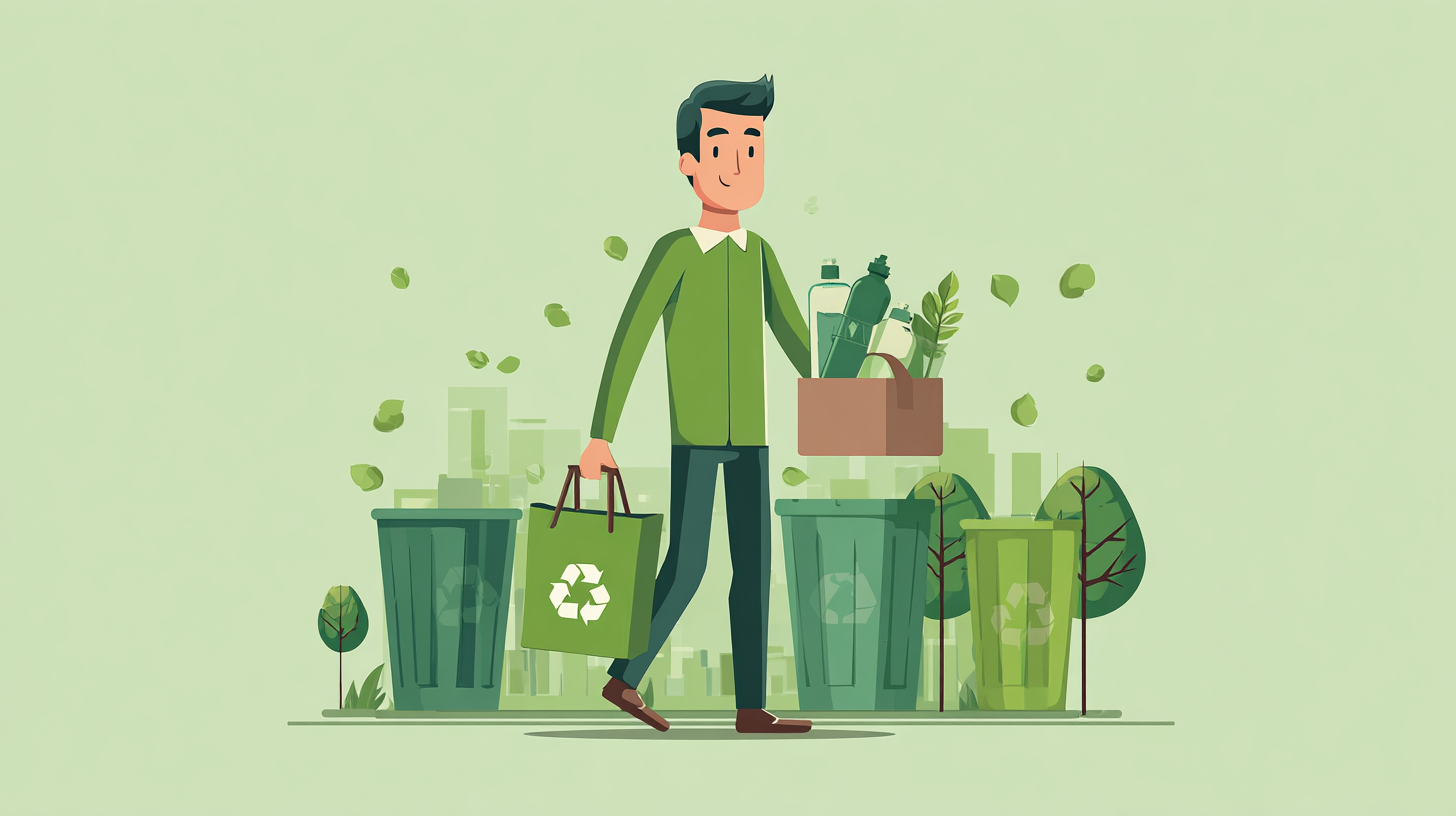
Understanding how to effectively recycle from home not only fosters responsible waste management but also encourages a culture of sustainability within communities. As always, the journey towards a greener planet starts within our households. By implementing straightforward and practical recycling strategies, families can significantly reduce their ecological footprint while inspiring others to follow suit. With expert advice and readily available resources, 2025 can be a turning point in the movement towards a cleaner environment, affirming that every household has a role to play in creating a more sustainable world.
Innovative Recycling Technologies Expected to Dominate Home Practices by 2025
By 2025, innovative recycling technologies are set to transform home recycling practices significantly. One such advancement is in textile-to-textile recycling, highlighted at the Future Fabrics Expo, which showcased effective utilization of waste materials to create new fabrics. The global plastic waste management market is expected to grow from its current valuation to USD 64.60 billion by 2033, indicating a robust demand for technologies that facilitate recycling at the consumer level. Households can expect to leverage these breakthroughs, potentially adopting systems that integrate seamlessly into daily life, making recycling more efficient and accessible.
Furthermore, the increasing convergence of circular economy principles with smart energy grids presents exciting opportunities for sustainable resource management. Innovative approaches are being developed to optimize resources and reduce carbon footprints, positioning home recycling as part of a larger strategy to combat climate change. Reports suggest that by 2025, many sectors, including mining, are expected to integrate AI-driven technologies for comprehensive recycling processes, marking a significant shift that consumers can also embrace in their everyday recycling habits.
The Role of Artificial Intelligence in Enhancing Home Recycling Efficiency
Artificial Intelligence (AI) is poised to revolutionize home recycling practices, making it more efficient and user-friendly than ever before. In 2025, smart home devices equipped with AI algorithms will assist individuals in sorting their recyclables accurately. These advanced systems can analyze the materials being disposed of in real-time, distinguishing between plastics, metals, glass, and compostable items, thus minimizing contamination in recycling bins. By using AI-powered cameras and sensors, homeowners will receive instant feedback and guidance on how to properly recycle their materials.
Moreover, AI-driven applications will offer personalized insights and recommendations based on users' recycling habits. By tracking what and how much is being discarded, these applications can encourage better practices, provide tips to reduce waste, and even reward users for their recycling efforts. This real-time data can not only enhance individual habits but will also contribute to broader community recycling initiatives, fostering a culture of environmental responsibility. By integrating AI into home recycling, individuals can play a crucial role in promoting a greener planet, making recycling less of a chore and more of a seamless part of daily life.
Recycling Trends at Home in 2025
This chart illustrates the estimated types of materials recycled at home in 2025, showcasing the potential impact of artificial intelligence in improving recycling efficiency.
Financial Incentives for Households to Boost Recycling Rates in 2025
In 2025, households will have more robust financial incentives to promote recycling efforts, leading to increased participation and a healthier planet. According to a report by the Environmental Protection Agency (EPA), financial rewards can boost recycling rates by up to 30%. With grants and rebate programs, local governments can encourage households to recycle properly, which not only alleviates waste management costs but also lowers carbon footprints. Financial incentives can take the form of reduced waste collection fees for homes that recycle consistently or bonus systems that reward families for reaching recycling milestones.
Tips for maximizing your recycling efforts include setting up a designated recycling station at home. This can simplify the sorting process and make it more likely that materials like plastics, metals, and paper will be recycled instead of thrown away. Additionally, subscribing to community recycling workshops can provide valuable insights into local regulations and updates on what materials are recyclable, helping families stay informed. Participating in these programs might also offer financial perks, making it a win-win situation for both the environment and the household budget.
Another effective tip is to track recycling habits and set goals. Using mobile apps that reward users for logging their recyclable items has been shown to increase overall household engagement with recycling practices. Engaging in community challenges can foster a sense of accomplishment and motivate others to join, potentially enhancing recycling rates within the neighborhood.
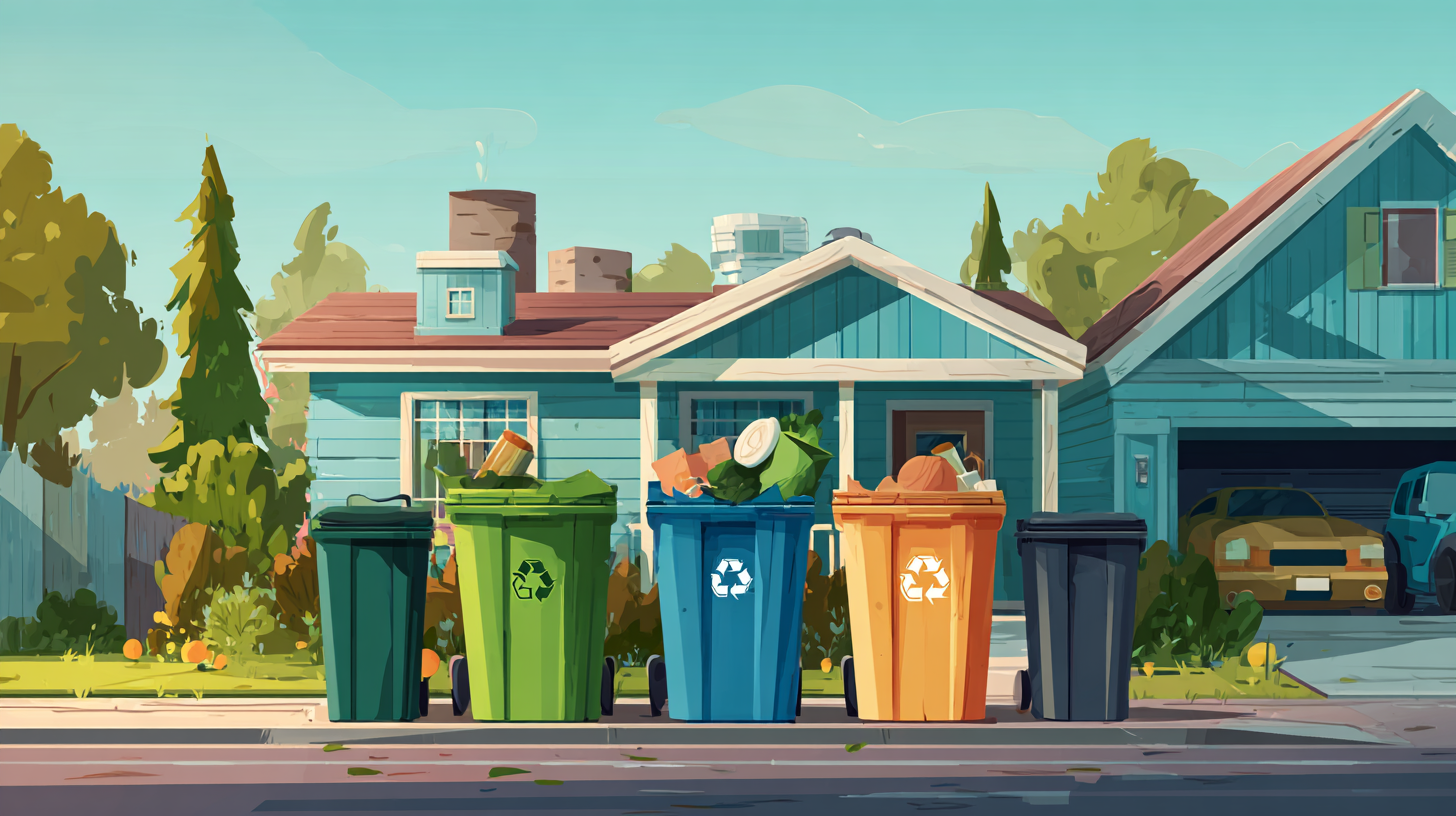
The Impact of Community Programs on Local Recycling Participation and Education
Community programs play a crucial role in enhancing local recycling participation and education, which are essential for effective recycling from home. According to the Environmental Protection Agency (EPA), communities with active recycling programs see a participation rate increase of up to 50%, compared to those without structured initiatives. By providing residents with guidelines, resources, and clear instructions on recyclable materials, these programs empower individuals to improve their recycling habits.
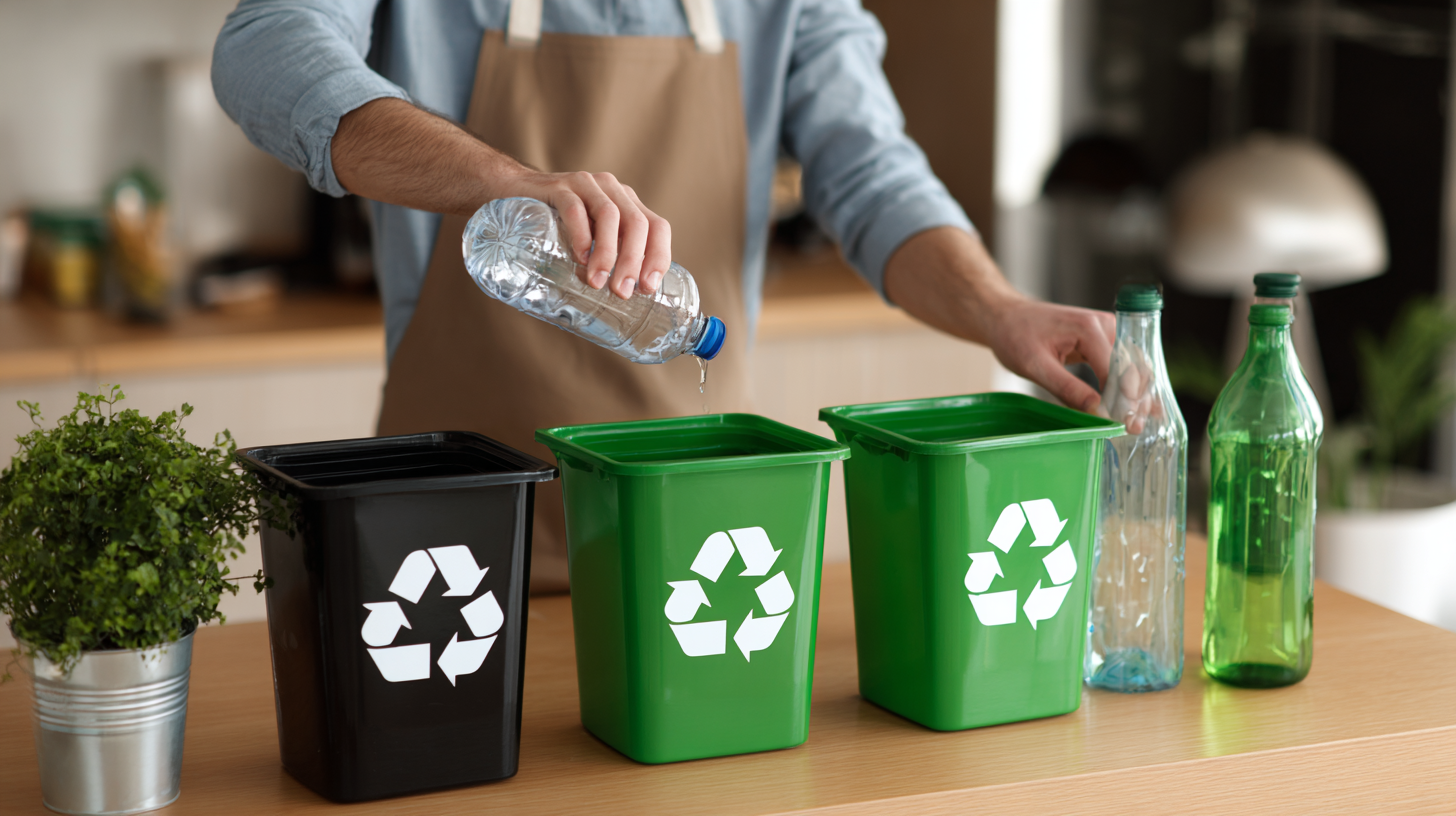
Moreover, educational workshops organized by community groups have proven to foster a better understanding of recycling processes. A report from the Recycling Partnership noted that communities that conduct educational sessions can improve recycling quality by as much as 30%. This is significant as it not only reduces contamination rates but also increases the overall amount of recyclable materials collected.
In 2025, leveraging community efforts will be integral in promoting a culture of sustainability, ensuring that more residents are informed and engaged in recycling, ultimately contributing to a greener planet.
Projected Reduction in Carbon Footprint Through Improved Home Recycling Methods by 2025
As we look towards 2025, improved home recycling methods are expected to significantly reduce our carbon footprint, supporting the global fight against climate change. According to the Environmental Protection Agency (EPA), recycling and composting prevented the release of approximately 186 million metric tons of carbon dioxide equivalent into the air in 2018 alone. This figure underscores the critical role that effective recycling practices can play in lessening greenhouse gas emissions.
By implementing more efficient recycling strategies at home, such as the use of smart bins that provide real-time feedback on waste disposal, households can further enhance their recycling outcomes. A 2021 report by the National Recycling Coalition indicated that utilizing technology in waste management could increase recycling rates by up to 30%. This shift not only reduces landfill waste but also conserves natural resources, saving energy and reducing the demand for new materials, which in turn results in lower carbon emissions associated with production processes. As we approach 2025, embracing these advanced recycling methods will be pivotal in achieving a greener planet.
How to Effectively Recycle from Home in 2025 for a Greener Planet
| Recycling Material | Current Recycling Rate (%) | Projected Recycling Rate in 2025 (%) | Estimated Carbon Footprint Reduction (kg CO2) |
|---|---|---|---|
| Plastic | 30 | 50 | 250 |
| Glass | 35 | 60 | 150 |
| Paper | 45 | 70 | 100 |
| Metal | 20 | 40 | 80 |
| E-waste | 15 | 30 | 200 |
Related Posts
-
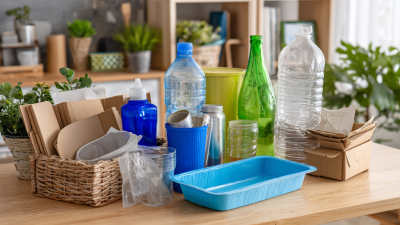
What is the Impact of Recycling from Home on Global Waste Reduction and Sustainability
-
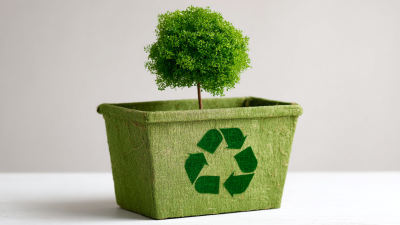
5 Incredible Tips to Effectively Recycle from Home for a Greener Planet
-

Eco Friendly Furniture Waste Collection Tips for Sustainable Living
-
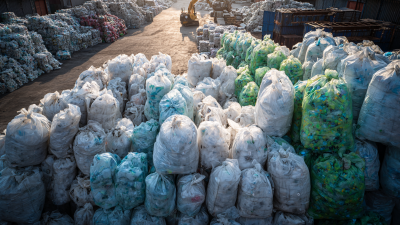
Exploring the Benefits of Using Recycled Plastic Bags for a Sustainable Future
-
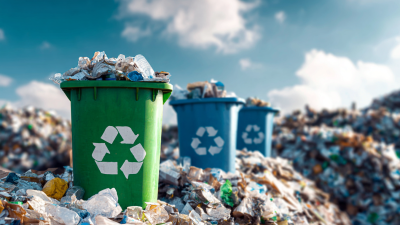
Innovative Waste Recycling Techniques That Help Save Our Planet
-

Driving Sustainability: The Role of Recycled Plastic Materials in China's 138th Import and Export Fair 2025
